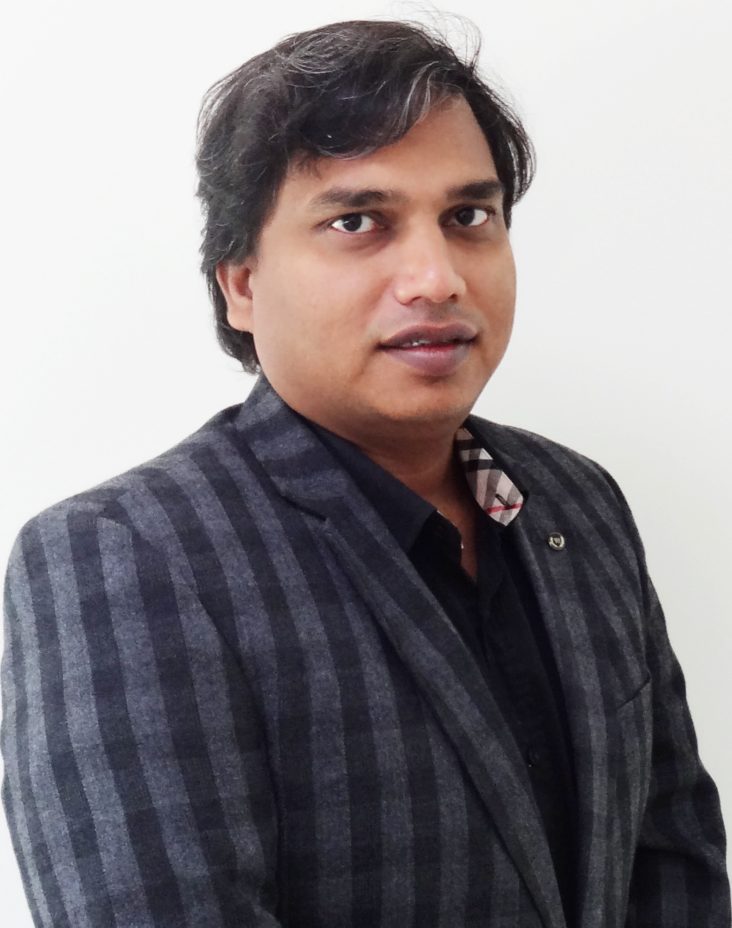Simple Water-Management Solutions Can Improve A Hotels Sustainability Within Months, Says Dake Rechsand

DakeRechsand, a Dubai-based company offering sustainable solutions in water conservation and desert farming, has showcased solutions that could help shape the future of UAE’s hospitality industry, as the due date for compliance with Dubai Tourism’s Sustainability Board guidelines approaches. The company has pitched in with products and solutions that it believes address a key component of sustainability and carbon emissions in the hospitality industry: water use.
“The per capita water use in the UAE is already three times higher than the global average,” said Chandra Dake, CEO and Founder of Dake Rechsand. “The hospitality industry accounts for disproportionately high water usage – from laundering to landscaping. Additionally, since much of the UAE’s water supply is produced through desalination, involving unsustainable use of fossil fuels, it has embodied carbon at every stage, from procurement, to transportation, to end use,” he added.
The Middle East has had a limited choice of water sources. Scarce groundwater reserves, with high salinity, and limited re-use, have compounded local water security issues; and the arid climate makes landscaping irrigation-intensive.
However, this can change, according to Dake Rechsand. Taking the 3Rs approach: “Reduce, Recycle, and Reuse”, hotels in the Middle East can take a smart and proactive approach to sustainability, while enhancing the property, and the guest experience they offer. A water-wise hospitality property can:
- Reduce: Hotels can reduce water usage, by using innovative techniques and products, which help plants thrive despite less volume, or lower frequency, of irrigation.
- Recycle: Solutions that recycle water that has been used to wash paving, and other surfaces in the property, can make a hotel dramatically more efficient in water use, without altering the guest experience.
- Reuse: Following on from the principle of recycling water, the reclaimed water can be used for landscaping and watering plants, after it has been filtered.
Greywater reuse is an increasingly popular strategy, being adopted by hospitality and residential properties around the world. Several approaches, including using physical and chemical filteration, and/or constructed wetland areas, are being implemented, to make bath and laundry water suitable for reuse in keeping the property’s landscaping lush and green.
Dake Rechsand’s “breathable sand” technology offers a simple, decentralized, water harvesting and storage solution, which also empowers water-wise landscaping. This can help hoteliers drastically reduce the volume of water used for landscaping, while also allowing them to develop their own water reserves, to become partly or fully self-sustainable.
A one-time application of Dake Rechsand’s breathable sand in landscaping enables optimal growth of plants, with nearly 80% less water use. This is possible because of breathable sand’s air permeability and water retention properties. Using this product, hoteliers can even reintroduce natural plants in lobbies and other indoor areas – a practice that was discouraged due to lack of surplus water and high maintenance – as the sand helps greenery to thrive owing to its breathability.
Planting more trees, on their expansive grounds, can enhance the ambience and beauty of a hospitality property, in a way that nothing else can. In fact, hotels can even create serene mini-forests on sections of their property – a trend that is catching on globally. Such initiatives can help these venues further offset their carbon footprint.
Hotels can also install Dake Rechsand’s IDER products – available as pavers, tiles, and kerbstones – to build underground reservoirs, and transform all rain-exposed surfaces to a catchment area for water. Surfaces created through the use of Dake Rechsand’s porous IDER range enable ultra-efficient surface water and rainwater harvesting, while their air-permeable nature ensures that the collected water remains fresh for several years, without requiring electrical or chemical treatment. Using simple underground water networks, this decentralized water storage system can then be redirected and utilized for all hotel purposes, including landscaping.
Such a decentralized rainwater harvesting mechanism, along with breathable sand empowered landscaping, ticks many sustainability boxes, and leads to diverse positives, which include:
- Manicured green landscapes at a fraction of water use
- Carbon capture, through the use of natural plants
- Ability to harvest the purest form of water in nature: rainwater
- Chemical free and cost-effective alternatives, enabled by breathable sand and IDER products, which require little-to-no maintenance
- A one-time investment, with high life-cycle value; hence ideal ROI
“Water scarcity presents a major hindrance to sustainability in the UAE. So, it’s strategically crucial for the hospitality industry to evolve, in how it procures water, and uses it. Bearing that in mind, we have curated our solutions to not only address embodied carbon footprint, but also induce circularity, reusability, and cost-effectiveness, in the hospitality industry’s water infrastructure”, Chandra concluded.



